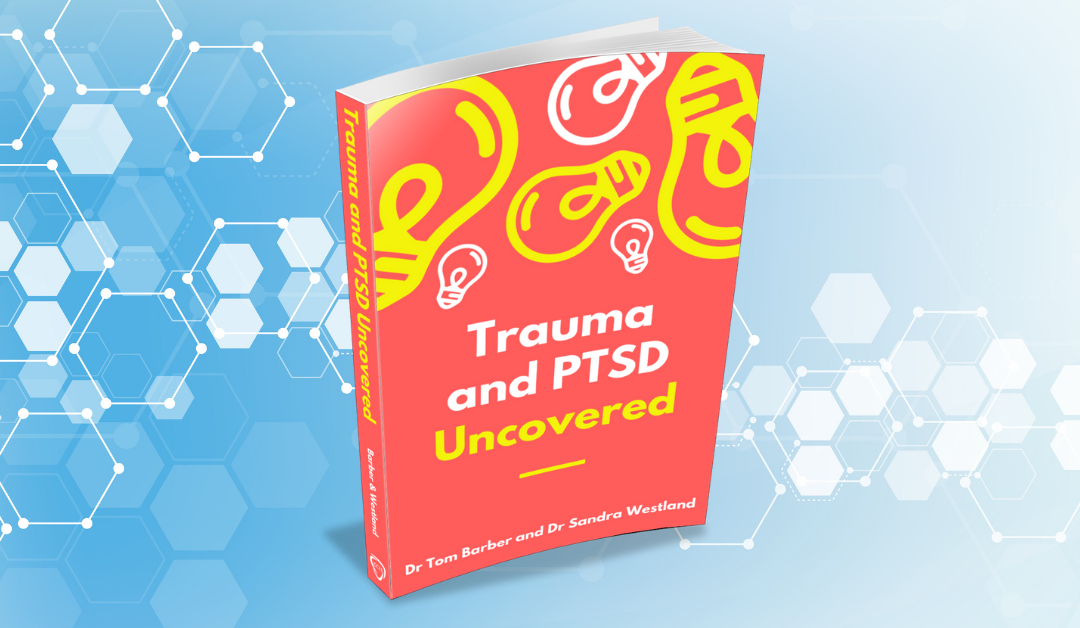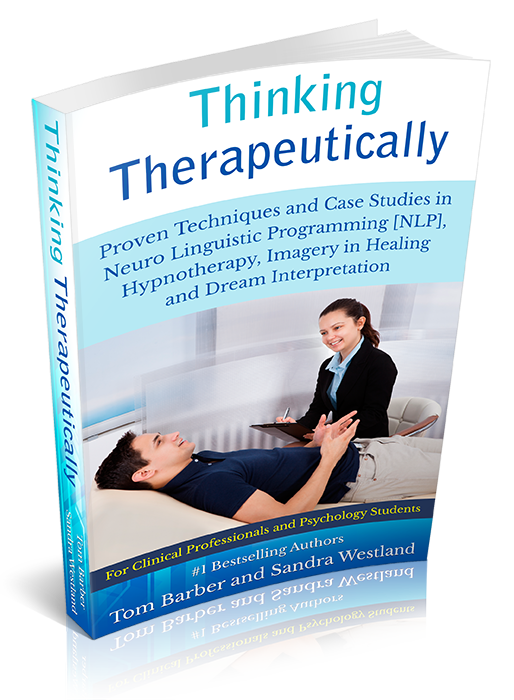A vast majority of people are exposed to trauma at some point in their life. In many cases this can lead to PTSD, or post-traumatic stress disorder.
- Do you suffer with eating issues or sleep disturbances, low energy, chronic or unexplained pain?
- Are you bursting into tears for no reason, suffering with intense anxiety, panic attacks, have compulsive and obsessive behaviours, or feel depressed?
- Are you irritable, angry or numb?
- Do you have memory lapses, find difficulty in making decisions, have decreased ability to concentrate (brain fog), or feel distracted?
If you answered yes to any of these questions, then you are not alone. They are all signs that you have suffered a trauma at some point in your life and are struggling to manage.
The effects of trauma can manifest days, months or even years after the actual event. So it doesn’t matter when the traumatic event happened, it can still be influencing you and keeping you from living fully in the present and from feeling alive.
A traumatic event is described as a situation where a person, or someone close to them (physically or relationally) is at risk of serious harm or death. Examples of these could be natural disasters, being assaulted, a car accident, murder or suicide, or an accident at work or at home.
It could also be said that a traumatic event is any situation that is extremely stressful, where you feel you can’t cope and you don’t have any idea what to do or what is going to happen. So for example, your house is repossessed, your business goes bankrupt, your home is burgled, you witness your partner having a traumatic birth, or you have a sudden or difficult break up of a relationship. All of these could be intensely distressing and personally overwhelming, and traumatic.
To find out more about trauma and PTSD, and how to help your clients, yourself, or somebody you know that needs help, get this new book by leading trauma experts Dr Tom Barber and Dr Sandra Westland.
“Brilliantly written, easy to understand, and makes more sense than a lot of therapy books I’ve read, and I have. Clinical books can often be full of jargon and long words. This isn’t. If you want to understand more about trauma and PTSD then you need this. Whether you have/had trauma or PTSD, know someone who has, or are looking at how best to support people in work, or you are a practising clinician, this book is professionally written but made far easier to understand. HIGHLY RECOMMENDED!
~ Leonora Fletcher – Lp.NLP., m.NHS, NCS, ABNLP, Lp.TLTA, Dip.PsychCsl(sp)
To get your copy head over to Amazon at this link …
Dr Tom Barber is an experienced integrative and existential psychotherapist and counsellor, who has been helping people overcome personal challenges for nearly 30 years. He is a bestselling author of 6 books, and spends his time between private clients, teaching and lecturing internationally, writing, and developing programmes to help people improve the quality of their life. Tom is a co-founder of Self Help School, a rich hub of resources and education for people looking for self-improvement. His academic speciality is in the subject of trauma and emotion.


